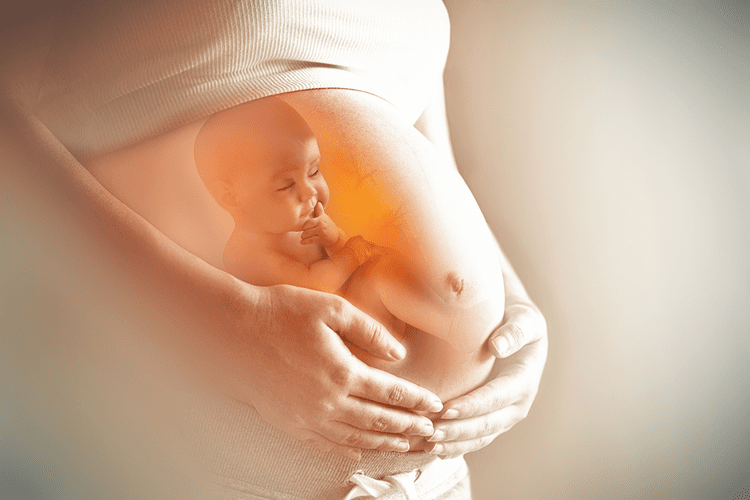Content
Since the adolescent brain is still developing, alcohol has different effects on teenagers compared to older adults. Prolonged alcohol use can affect brain functionality and potentially cause lifelong cognitive problems. Other problems such as behavioral outbursts, alcohol dependency and irreversible health conditions may also arise from underage drinking. Drinking too much alcohol too quickly can put you at risk for various health problems. For instance, alcohol delays your reaction time which can put you and other drivers in danger if you get behind the wheel of a car.

Therefore, drinking more water won’t necessarily protect you from a hangover the next day. The only sure way to reduce or avoid a hangover is to drink less alcohol. For example, you can resolve to stick to one or two drinks during your outing with friends. To keep that limit in mind, consider writing it down, setting a reminder on your phone, or telling a friend about your intentions. Remember that drinking can lower inhibitions and impair judgment, so once you go past your set limit you might have a harder time stopping. It’s easy for teens and young adults who aren’t sure how much alcohol they can handle to go past their limits.
Substance Abuse
Alcohol poisoning is yet another risk that can cause severe illness or fatality. Although binge drinking is more commonplace among young adults aged 18 to 34, high school students and older generations are not exempt. These statistics from the CDC present a troubling insight into the severity of this behavior, and the importance of stopping binge drinking.
Alcoholism, on the other hand, is a severe disease in which you continue to drink alcohol despite the harmful effects it can have on your body. Alcoholism is a chronic disease affecting both your physical and emotional health. The disease develops over time and can continue to do so even after the initial symptoms have passed. The lowest rates of binge drinking are seen among adults aged 65 and older, and the highest prevalence is seen in the age ranges of and 25-34. Parents and families should take it upon themselves to talk with their children about the dangers of alcohol abuse. If parents incorporate alcohol-related they can make a significant impact on their children’s decisions about drinking.
Signs and symptoms of binge drinking
Yet binge drinking accounts for most deaths from alcohol…Alcoholism is a very insidious disease in that it can creep up on you if you’re not vigilant. So this level of binge drinking if it’s left unchecked, for a lot of people, could lead to alcoholism. The pattern of binge drinking (BD) or heavy episodic drinking is increasing and expanding worldwide (1). sober house BD supposes an important public health problem of which it is still necessary to know better the vulnerability factors responsible for its initiation, maintenance, or increase in frequency and intensity. Where those who binge drink may not have an addiction, those with AUD may often engage in binge drinking, especially as their dependency on alcohol grows.

John C. Umhau, MD, MPH, CPE is board-certified in addiction medicine and preventative medicine. For over 20 years Dr. Umhau was a senior clinical investigator at the National Institute on Alcohol Abuse and Alcoholism of the National Institutes of Health (NIH). “Excessive drinking draining the U.S. economy.” Centers for Disease Control and Prevention. “Drinking levels defined.” National Institute on Alcohol Abuse and Alcoholism.
What Is Alcoholism?
Cliffside Malibu offers an individualized treatment plan for every client in our luxurious facility. We are committed to providing evidence-based treatment through a continuum of care model including medically supervised detox, residential treatment, day treatment and outpatient services. The increased frequency of binge and problem drinking leads to alcohol dependence, which means the body has become physically addicted to alcohol. The final stage of alcoholism development is an addiction, where alcohol is no longer consumed for pleasure, but also to feel “normal” and because the individual cannot control or stop use. There are many stages of alcoholism, the first of which include binge drinking. Binge drinking can lead to increased drinking overall; finding any excuse to be able to go out and drink and rationalize it.
This generally happens when men consume five or more drinks and when women consume four or more drinks within a two-hour period. As far as long-term effects, binge drinking can also lead to internal damage, especially if you’re regularly engaging in binge-drinking episodes. Large amounts of alcohol consumed over a long period of time can negatively impact the parts of your brain that deal with judgment, balance and coordination. Whether you struggle with binge drinking vs alcoholism, you deserve access to quality care. At Comprehensive Wellness Center, we offer substance abuse treatment and mental health support. From life skills training to treatment for alcoholism, we’re here to help you find your way.


